Game Review: Metal Gear Rising: Revengeance
Published on March 13th, 2013 in: Current Faves, Game Reviews, Gaming |By Luke Shaw
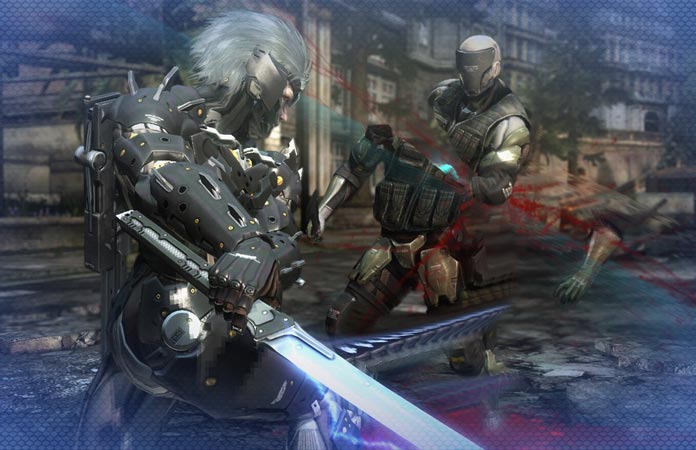
Image from http://daxgamer.com/
If you sliced the code open, you’d realize that there is a singular philosophy running through Metal Gear Rising: Revengeance, and that the entire game is a slave to it. Every piece of extraneous flab has been cut off with reckless abandon. It is not so much Occam’s Razor as Raiden’s Razor, a shimmering blade, crackling with electricity, held at the player’s throat, paralyzing you, unblinking and sweaty-palmed whilst you’re gruffly asked one question over and over as the sweat runs down your neck and fizzles to nothing at the touch of the sword: “Cut or be cut, cut or be cut, cut or be cut . . .”
Platinum Games have a long history of producing high-octane action games like the arcade bombast of Vanquish and the current benchmark for all things over the top, Bayonetta, directed and produced by Capcom veterans such as Hideki Kamiya and Shinji Mikami. Now, teaming up with Konami and tasked with reinvigorating one of gaming’s most incorrectly maligned characters, Raiden, Revengeance sees Platinum not so much reinventing the wheel, as filing it down to a single, elegant edge.
Editorial: Tropes Vs. Women: The Damsel In Distress
Published on March 11th, 2013 in: Editorial, Feminism, Gaming |By Paul Casey
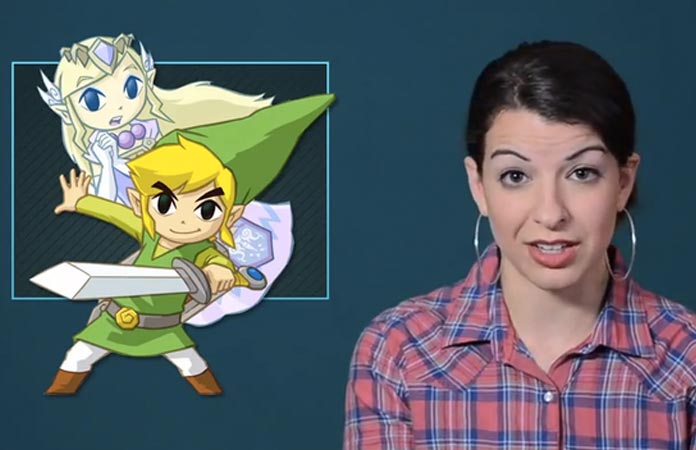
Anita Sarkeesian has released the first video in her twelve part Tropes vs. Women series, which will look at the representation of women in video games. You should watch it. Not least because you can see how something so uncontroversial can cause so much phony outrage. There is little here that should surprise anyone who has been aware of their own existence for more than a few years. There is nothing that could be considered in any way “extremist.” Sarkeesian is sober, clear, and fair. She also possesses the required humor needed to make this subject palatable to a wide audience.
Random Rant: Shut Up And Enjoy The Game
Published on March 11th, 2013 in: Gaming, Over the Gadfly's Nest, Random Rant |By Luke Shaw
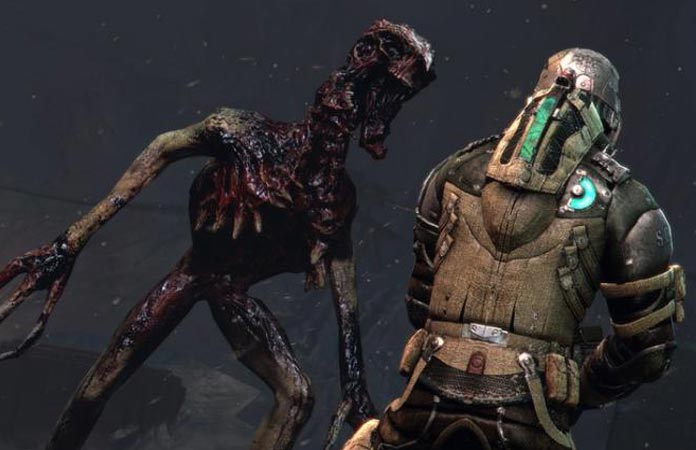
We’ve got it better than ever, so shut up and enjoy the game.
At some point in 2011 I held an opinion that I had read frequently on Twitter feeds, website comment boxes, and Op eds about games. I was “lamenting” the lack of creativity in big budget games and griping about the apparent absence of quirky titles on the shelf. “Where is my Gitaroo Man 360?” I wailed. “Where is my turn based isometric battler loaded with pop culture quips?” I groaned, possibly dribbling a bit of coffee whilst mouthing these words. You see, I never really said any of these things; that’s a lie. I did type them however, on Twitter, and on a forum, and maybe in other places, too.
Now it’s the beginning of 2013, and we have confirmation from Sony that the PS4 will be out in quarter three or four depending on territory. Black Ops 2 made $500 million in 24 hours last year, becoming one of the biggest entertainment franchises in the world, let alone gaming franchises, and the juggernaut rolls ever on. First Person Shooter and Third Person Shooter after Sequel after Reboot. “The Industry” many say, “is stagnating, it’s lacking in creativity! All blockbusters are terrible, we want a million versions of Portal 2 and The Walking Dead!”
Piffle.
Assemblog: February 22, 2013
Published on February 22nd, 2013 in: Assemblog, Books, Copyright/Piracy, Feminism, Film Festivals, Gaming, Horror, Legal Issues, Movies, Science and Technology, The Internets, Trailers, TV |
Inside Llewyn Davis
New this week on Popshifter: Paul takes Men’s Rights Advocates to task in his article on Women in Gaming and tells tales of pro wrestling redemptions; Chelsea loves Lady Lamb the Beekeeper’s first full-length album RiPLEY PINE; I fawn over new releases from Parenthetical Girls, Dawn McCarthy & Bonnie “Prince” Billy, and Iceage, share the latest from Big Black Delta, and review French Horn Rebellion’s newest EP Love Is Dangerous; and Hanna admires both the humor and scientific methods found in The Marriage of True Minds from Matmos.
Women In Video Games Benefit Us All
Published on February 18th, 2013 in: Feminism, Gaming, Over the Gadfly's Nest, The Internets |By Paul Casey

Anita Sarkeesian
John Walker, the co-editor of video game website Rock, Paper, Shotgun has written something rather good about women in video games, and the ongoing obfuscation from “male rights activists” (MRAs). You should read it, as it is one of the best recent bits on the most important issue in video games of the last year, and probably 2013, too. Walker raises some interesting points from his perspective working on Rock, Paper, Shotgun:
“What’s interesting about the nature of the MRAs is that they take this behaviour, and whether consciously or not, subvert it. So when they encounter an article describing a negative treatment or depiction of women, they adopt the agenda-driven irrational response: because you have written this you don’t care about men’s issues. Not because they believe that, but rather because it proves the fastest route to diverting attention away from, and derailing discussion of, sexism or misogyny. The real goal, of course, is to prevent the discussion of such matters.”
As Walker points out, this can be seen as a tactical move to frustrate any attempts to make progress on issues they for some reason or other can’t stomach. Over the past year there have been some shameful acts of intimidation and stupidity from various sectors of the “videogame community” towards women who dare have an opinion on their representation. It is also fairly common, though, to find deep confusion when a man takes interest in the same issues.
Game Review: Cart Life
Published on January 30th, 2013 in: Game Reviews, Gaming, Reviews |By Paul Casey
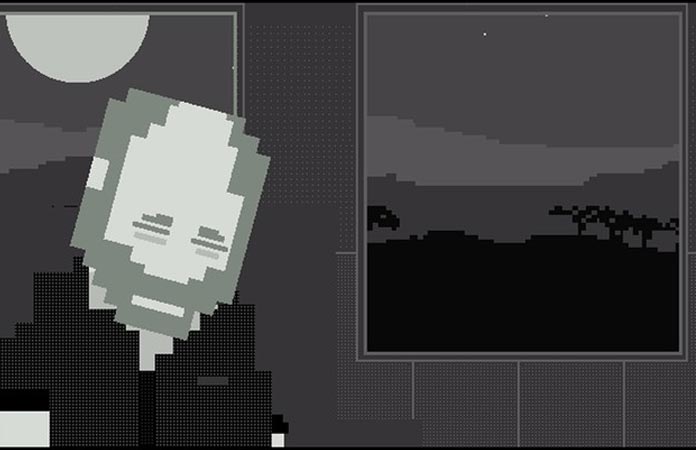
Cart Life is a game fixated on worry. You worry about the time. You worry about the pain in your head. You worry about how you get to where you need to be, and how much it will cost you. A taxi will allow you to make that meeting in time, but it will cost more. Each character—there are two available in the free version—has their own concerns and needs. Andrus has recently arrived in America. He has a cat and is addicted to cigarettes. Melanie has a daughter from a failed marriage. She needs to prove that she can support her child. She buys a coffee stand.
Richard Hofmeir, who is responsible for Cart Life, combines the classic video game staple of resource management with a thoughtful narrative. There is a lot here that will be familiar to anyone who has obsessed over balancing the budget in Sim City. Once you have the required elements to start your business though, Cart Life becomes a quest to gain customer satisfaction. You must type out sentences as fast as you can—for instance, reminding yourself to unpack something carefully—keep orders in mind and go through the process of making a cappuccino. The customer will only wait so long.
Around this is a simple but endearing story of people trying get a hold on life. Hofmeir is effective at giving normal pressures importance and making his characters seem more substantial than their sparse dialogue. Their struggles are common, and you get the sense that they have a real history behind their actions. There is desperation for these people to get their lives in order. Exploring the small but detailed world which the characters inhabit is a joy. The game gives just enough direction to make finding that next person or location an achievement.
Cart Life can be frustrating at times. It takes a couple of hours to get a proper handle on the demands the game asks from you. Using your time wisely is the biggest challenge at the beginning of the game and the travelling cut-scenes are a pain. This does however increase the satisfaction when you put in a good day’s work. With a pleasing art style and a core experience with depth, Cart Life is worth your time.
Cart Life is nominated for Excellence in Narrative and the Seamus McNally Grand Prize at the 2013 Independent Games Festival which takes place in late March. It is available free for Windows at http://www.richardhofmeier.com/cartlife/.
Choice In A Virtual World
Published on January 24th, 2013 in: Gaming, Over the Gadfly's Nest |By Paul Casey
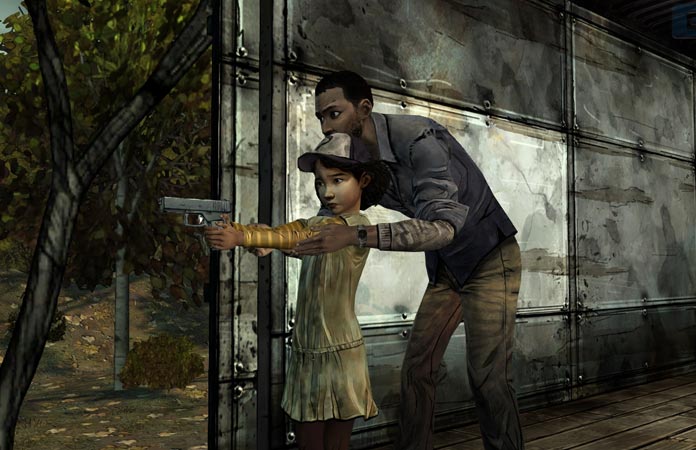
The Walking Dead
Please note that this article contains spoilers for both The Walking Dead and Mass Effect 3 games.
Morality may consist solely in the courage of making a choice.
—French Prime Minister guy (Léon Blum)
I have written a bit before about choice in video games, but the last year has again shown how divided the video game community is over this issue. Two games in particular have revealed a particularly ugly limitation among those who play video games: The Walking Dead and Mass Effect 3. This limitation manifests itself through the player failing to engage morally or philosophically with a game unless doing so opens up different content. For a disturbing amount of people, moral choices in video games are simply a euphemism for branching gameplay.
Branching gameplay is exemplified by Quantic Dream’s Heavy Rain. “The player dictates the story told and every choice matters!” The player generally sees “every choice matters” to mean “every choice will branch the story in different ways.”
Reasons To Care About Bioshock Infinite
Published on January 21st, 2013 in: Gaming, Science Fiction |By Paul Casey
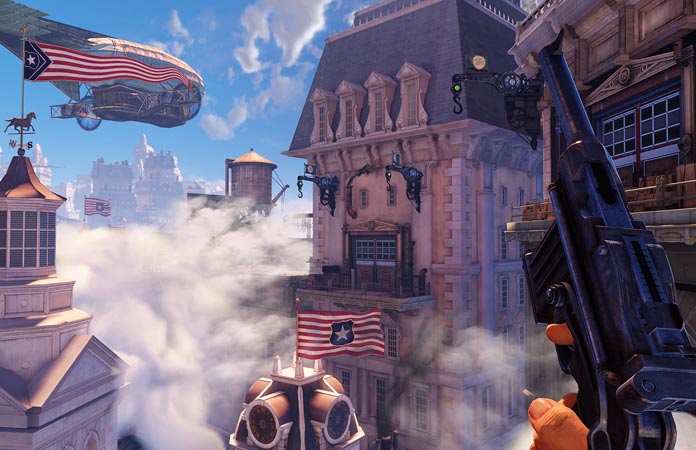
Bioshock, released in 2007, is in my estimation, the greatest video game of its generation. My feelings on that game and its importance are documented elsewhere on Popshifter. As we approach the release of Bioshock Infinite on March 26, it seems prudent to expand on why Irrational Game’s new work has a good chance at taking that title from its predecessor.
Those who value Bioshock above most or all other video games are proponents of a different value system. The thought that the first-person shooter mechanics are not the most important part of the game is alien to most who spend their time playing competitively online with Halo or Call of Duty. That horrendous cliché of the “Emperor’s New Clothes” is wielded in these instances with folded arm assurance. Bioshock, along with other games like Uncharted, Heavy Rain, and most recently The Walking Dead, shows, though, that all of the other things around those core mechanics matter just as much, if not more, to a fair heft of people.
Bioshock Infinite has a good chance of being the definitive game of 2013, and the end of a console generation that has gone on longer than any before it. Much talk has been spent on the delays of the game. There has also been chatter about the exits from the company, including art director Nate Wells who left last August. There are, however, some good reasons to think that Ken Levine and his team at Irrational Games will still hit their mark.
Best Of 2012: Megashaun
Published on December 31st, 2012 in: Best Of Lists, Gaming, Movies, Music |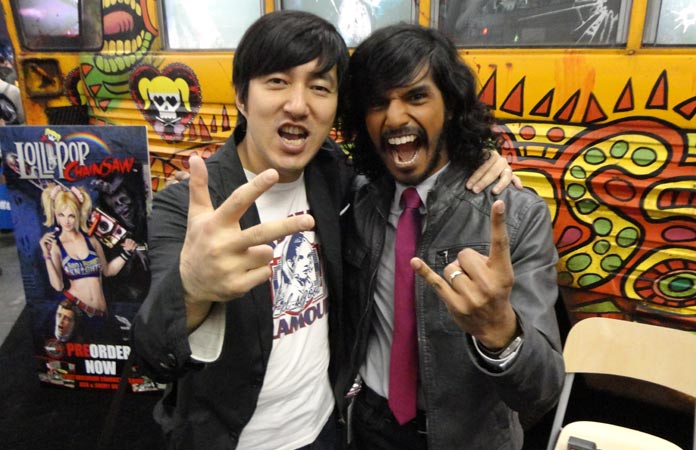
These days it’s not uncommon to hear the reply “busy” when asking someone you’ve not seen for a while, “how are you?” Having attended numerous events throughout the year, I’ve come to realize just how universal and vague a reply this is, and have therefore stopped using it. While it is nice to relax every now and then, being occupied with work and various other projects keeps the mind healthy and the creativity flowing. Best of all it completely destroys boredom—and looking back at 2012 I can honestly say this has been the most exciting year I’ve experienced.
Given my “day job” as a host and reporter for EP Daily, I’m in a position to experience more than most people, and I couldn’t be more grateful for the opportunities this job has afforded me. These include meeting and interviewing people behind some of my favorite games, TV shows, and movies. Some of my interview highlights this year include Mark Ruffalo and Cobie Smulders for The Avengers, Brad Bird for Mission Impossible: Ghost Protocol, the incomparable Radioman, and super stylish game designer Suda51. I have a personal rule to not “fan out” over people I meet but I disregarded this entirely while interviewing Suda51 and even went so far as to ask for a photo (which turned out amazing as you can see).
Best Of 2012: Paul Casey
Published on December 19th, 2012 in: Best Of Lists, Comedy, Gaming, Horror, Movies, Music, Science Fiction |Another year, another apocalyptic prophecy. Unless 2012 ends with the biggest shock in human history, though—that conspiracy theorists are actually right about something—this year has been a pretty enjoyable one for creative media. The following list is simply a reflection of some of the good things that happened over the last twelve months.